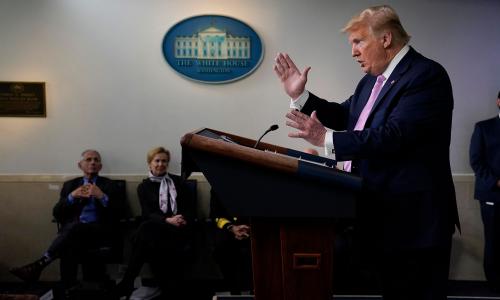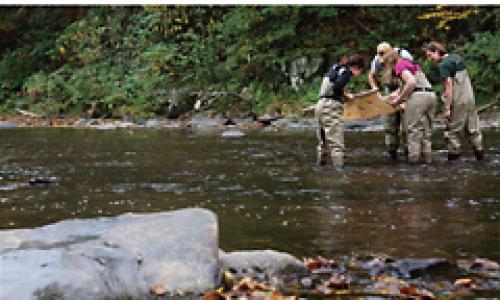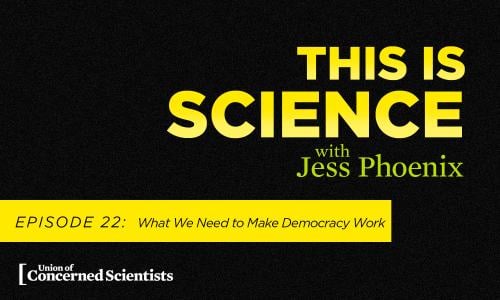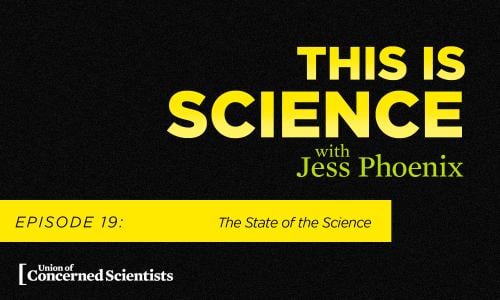Science plays a crucial role in advancing our national well-being. The COVID-19 pandemic is the latest of many challenges and crises that remind us of our reliance on government science to protect public health and safety.
In order to serve the public good, federal science must be strong and independent, protected by safeguards that guarantee its freedom from political interference, distortion, or censorship.
However, these safeguards are breaking down. While many presidential administrations have been complicit in retreating from strong scientific integrity standards, the activities of the Trump administration have laid bare inherent weaknesses in existing policies and practices. As the administration's many, diverse, and well-documented attacks indicate, existing policies and processes are not enough to protect federal scientists and their invaluable work. Even when agencies have strong written policies, implementation and enforcement often fall short.
To undo this damage and ensure that federal science can do its job effectively for all of us, it is crucial that federal agencies strengthen scientific integrity through actions including improved policies, educating workers about their rights and responsibilities, and open communication with the public. Congress should support this process by codifying scientific integrity standards into law and requiring all agencies to implement and enforce those laws.
In this series of publications, analysts from the Center for Science and Democracy present detailed recommendations for strengthening scientific integrity in the federal government as a whole and at selected agencies, including the Environmental Protection Agency (EPA), the Centers for Disease Control and Prevention (CDC), and the Department of the Interior (DOI).
Downloads
Citation
MacKinney, Taryn, Jacob Carter, Genna Reed, Gretchen Goldman. 2020. A Roadmap for Science in Decisionmaking. Cambridge, MA: Union of Concerned Scientists. https://www.ucsusa.org/resources/roadmap-science-decisionmaking






